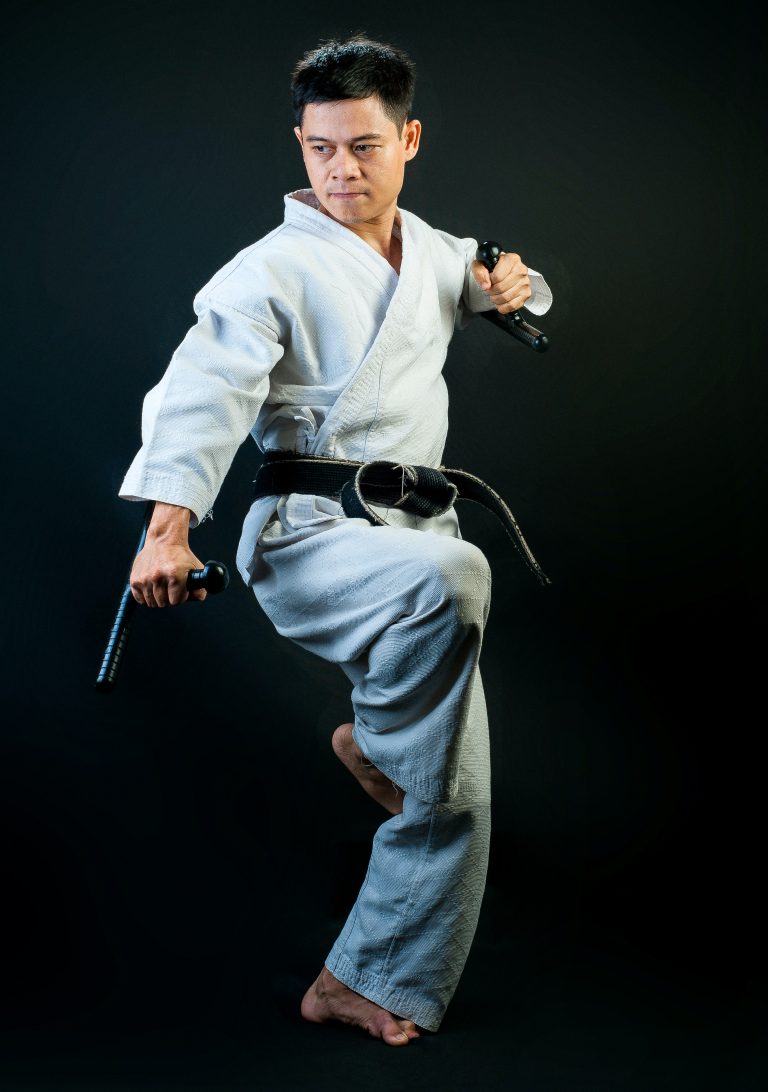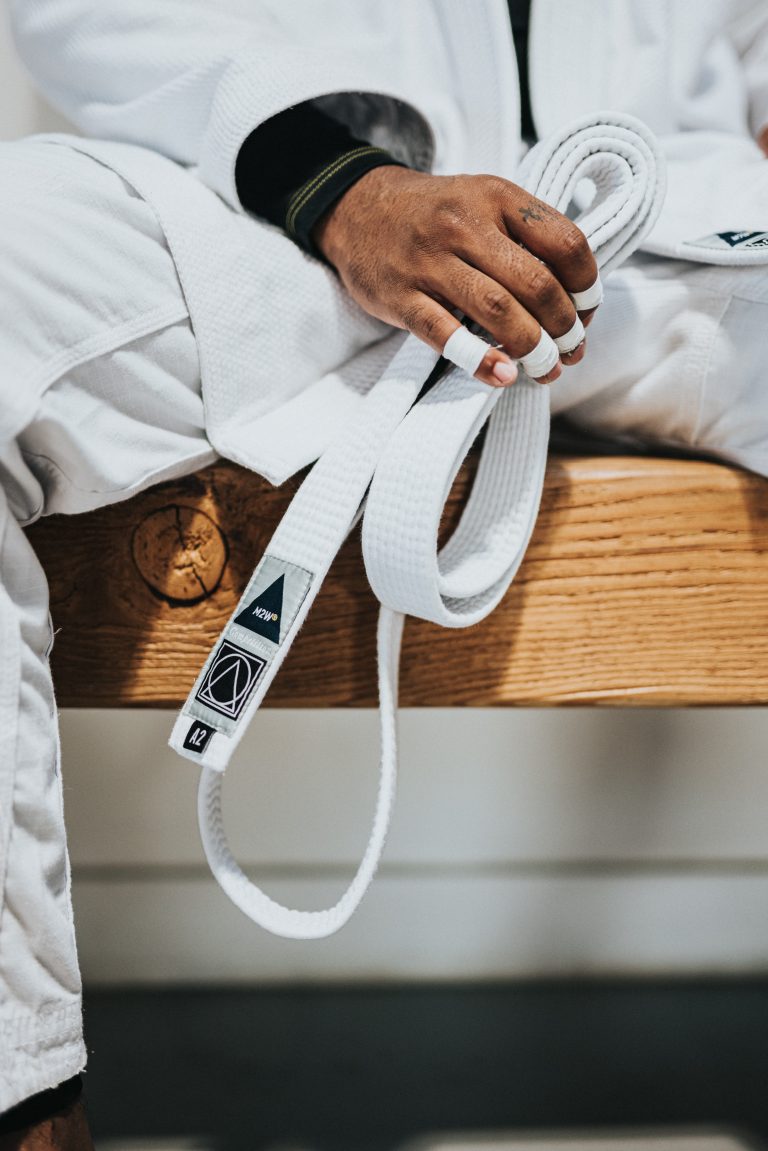Karate: How You Can Effectively Defend Yourself
Karate is a martial artsform that originated in Okinawa, Japan in the early twentieth century. It has since spread throughout the world, becoming popular as a sport and known for its effectiveness in self-defense. The techniques used in karate are focused on attacking vulnerable areas of the body and using the body’s natural weapons for defense, making it a practical means of protection in real-life situations. Let’s delve deeper into the importance of learning karate as a means of self-defense.
The Benefits of Learning Karate for Self-Defense
Karate is an excellent way to develop self-defense skills, and there are numerous benefits to learning it. One of the most significant advantages of learning karate is that it teaches you how to be aware of your surroundings and how to evaluate potentially dangerous situations. Being aware of your surroundings is the first step in avoiding dangerous situations, and karate can help you with this.
Karate can also help you build self-confidence. Knowing that you have the skills to defend yourself in a sticky situation can give you a sense of security and help you feel more confident while going about your daily life.
Additionally, karate can improve your physical fitness in a variety of ways. The training involved in karate is demanding, but it can build strength, flexibility, and coordination. The techniques used in karate require a lot of practice, and this can help you develop discipline and self-control.
Effective Techniques in Karate Self-Defense
In karate, several techniques can be used for self-defense, each targeting a different part of the attacker’s body. Some of these techniques include:
1. Blocks: Karate has various blocking techniques that can be used to counter an attacker’s punches and kicks. This technique primarily focuses on blocking the attacker’s strikes using your arms or legs, leaving them defenseless for your counter-attack.
2. Strikes: Strikes involve punching, kicking, and elbowing the attacker at their vulnerable areas. These vulnerable areas include the neck, nose, throat, ears or solar plexus. If these areas are targeted correctly, it can cause significant discomfort or even knock them down.
3. Grappling: Karate also includes grappling techniques, that is, throwing or taking down an attacker through a series of rapid movements or holds. This technique is used when the attacker is too close to strike or block.
Conclusion
Karate is an effective technique for self-defense as it targets an attacker’s vulnerable places using rapid and powerful movements. It requires discipline, self-control, and patience to learn, but the benefits are numerous. Learning karate can help you develop situational awareness, build confidence, and enhance your physical fitness. Karate is a powerful tool to have in your arsenal, and it is worth considering learning it for self-defense purposes.
Frequently Asked Questions About Karate: How You Can Effectively Defend Yourself
Karate is an ancient martial art that has been around for centuries. Today, it is a popular sport and self-defense technique that people of all ages can benefit from. If you’re interested in learning more about karate and how it can help you defend yourself, this blog post is for you. Here are the most frequently asked questions about karate and how you can effectively defend yourself.
1. What is karate?
Karate is a martial art that originated in Okinawa, Japan, in the early 20th century. It is a striking-based martial art that incorporates punches, kicks, elbow strikes, knee strikes, and open-handed techniques. Karate also includes grappling and throwing techniques but is primarily known for its striking-based techniques.
2. How can karate help you defend yourself?
Karate is an effective form of self-defense because it teaches you how to strike with power and precision. Karate also trains you to develop your reflexes and reaction times, which can be critical in a dangerous situation. With regular practice, you’ll develop the confidence and skills needed to protect yourself in real-life situations.
3. Is karate suitable for everyone?
Yes, karate is suitable for people of all ages and fitness levels. Whether you’re a child or an adult, a beginner or an advanced practitioner, you can benefit from practicing karate. Karate is an excellent way to improve your overall physical fitness, including strength, speed, agility, and flexibility.
4. What should you look for in a karate school?
When choosing a karate school, look for a reputable school with experienced instructors. Make sure that the instructors are certified and have a proven track record of teaching students effectively. Also, look for a school that offers a comprehensive curriculum that includes both traditional and modern training methods.
5. How long does it take to learn karate?
The amount of time it takes to learn karate depends on several factors, including your natural abilities, dedication, and the frequency of your practice. Generally, it can take anywhere from several months to several years to become proficient in karate. However, with regular practice and dedication, you can continue to improve throughout your lifetime.
6. How often should you practice karate?
To see significant improvements in your karate skills, it’s essential to practice regularly. Ideally, you should aim to practice karate at least two to three times per week. However, if you’re serious about improving your skills, many karate schools offer additional training opportunities, such as private lessons or advanced classes.
7. Can karate help you gain confidence?
Yes, karate can help you gain confidence in many ways. Through regular practice, you’ll develop a sense of discipline and dedication that can transfer to other areas of your life. You’ll also develop a sense of control over your body and mind, which can help you feel more confident in unfamiliar situations.
8. Is karate safe?
Like all martial arts, there is a risk of injury when practicing karate. However, with proper training and safety precautions, the risk of injury is relatively low. It’s essential to train with a qualified instructor who can teach you proper techniques and ensure that you’re practicing safely.
9. Can karate be used in real-life situations?
Yes, karate can be used in real-life situations, but it’s essential to remember that the focus of karate is on self-defense, not on fighting. In a real-life situation, the goal is to neutralize the threat and escape safely, not to engage in a physical altercation. With proper training, karate can teach you how to quickly and effectively neutralize an attacker in a real-life situation.
10. What are the benefits of practicing karate?
The benefits of practicing karate are numerous. Not only does it improve your physical fitness and self-defense skills, but it also teaches you discipline, respect, and humility. Karate can also help you develop mental strength and resilience, which can be beneficial in all areas of your life.
In conclusion, karate is an effective form of self-defense that can benefit people of all ages and fitness levels. By regularly practicing karate, you’ll develop the skills and confidence needed to protect yourself in real-life situations while also improving your overall physical fitness and mental well-being. If you’re interested in learning more about karate, find a reputable karate school near you and start practicing today.
Inhaltsverzeichnis





